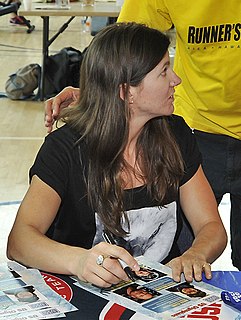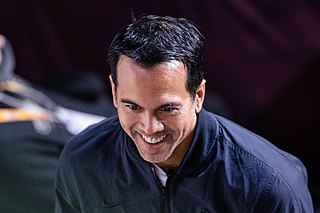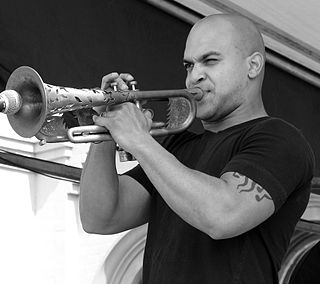A Quote by Brian McDermott
I don't believe in an 'all-about-me' culture. It's about the group.
Related Quotes
The core of Animal House was about prejudice, about equality, and about inclusion/exclusion. It was about a group of people who were together and anything went. Anybody who wanted in could get it in. Then there was that other group that nobody could get in, unless they were white, and just alike. It was very representative of the culture in the '60s, '50s, and '40s in America.
People ask a lot about how I can be a believer in a culture that perhaps is counter cultural to what you believe in. I've come to the conclusion that I'm able to be in this culture and in this industry and fruitful because I don't look to my circumstances to determine what I believe to be true about God.
In the culture of America, in a free culture, you get what you celebrate. And in this culture, we have two obsessions, become a group that becomes a group that celebrates sports heroes and entertainment heroes. There's no room left for kids to see even a little bit of the opportunities to really, really get excited about becoming an inventor, an engineer, or a scientist, a problem solver.
I was about 14 when I started with a theater group; it was like a stage group on the weekends alongside school. And it was run by a group of guys who'd been to drama school themselves in London. So they introduced us to techniques that they'd learn about, and they kind of informed us about improvisation and screenwriting and all of that stuff.
For my parents' generation, the idea was not that marriage was about some kind of idealized, romantic love; it was a partnership. It's about creating family; it's about creating offspring. Indian culture is essentially much more of a 'we' culture. It's a communal culture where you do what's best for the community - you procreate.
I grew up in the age of discount air fare, and for me, the act of joining a culture was a great way about learning about that different culture. So I grew up in the South, and went to college in the North, and found out that I learned about myself as a Southerner by leaving the South and going to the Northeast.
At the beginning of my career as a writer, I felt I knew nothing of Chinese culture. I was writing about emotional confusion with my mother related to our different beliefs. Hers was based in family history, which I didn't know anything about. I always felt hesitant in talking about Chinese culture and American culture.






































